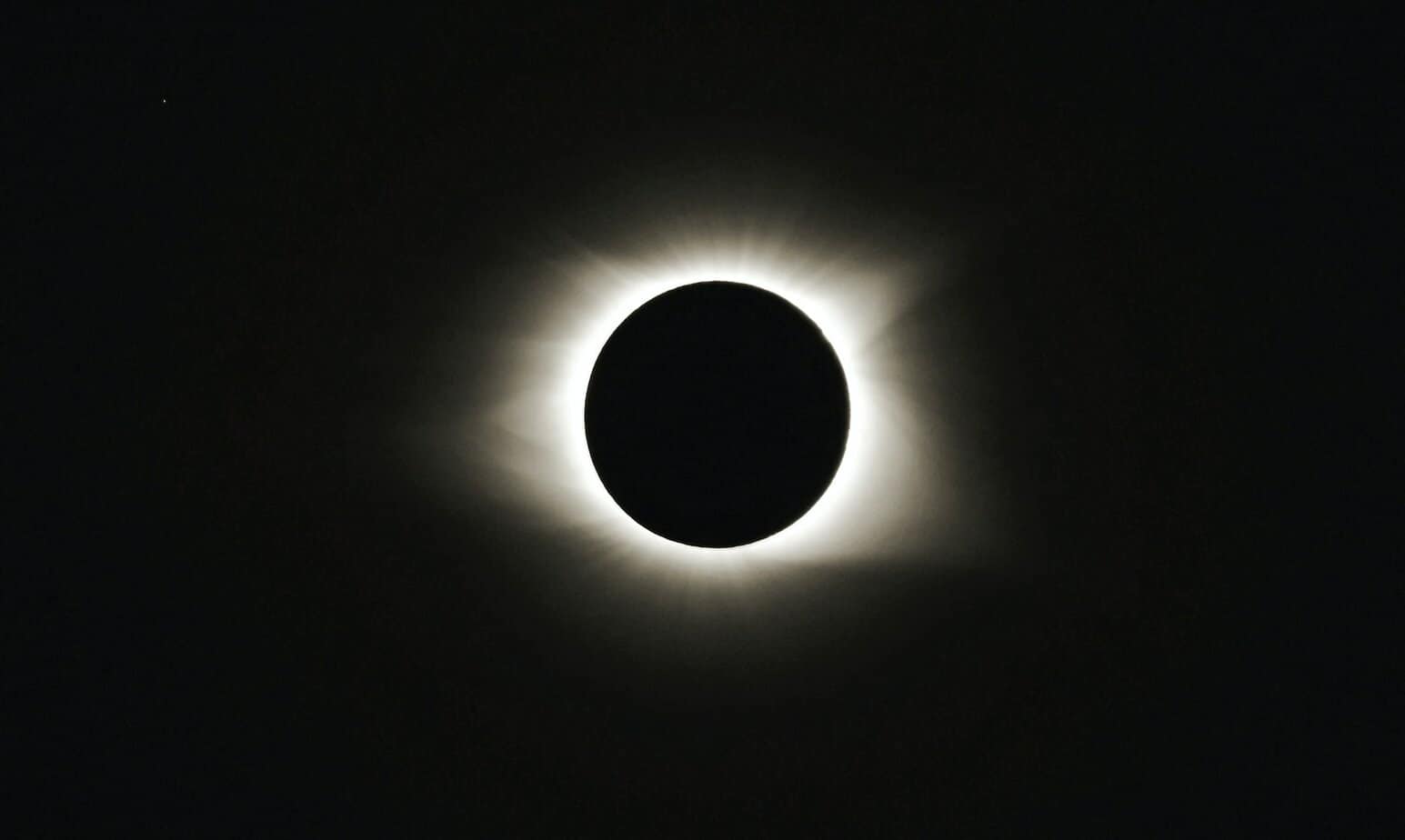
Are you planning to view the upcoming solar eclipse? If so, it’s extremely important that you use solar eclipse glasses when viewing the sun directly to protect your eyes from damaging ultraviolet and infrared radiation. Here’s everything you need to know about solar eclipse glasses in order to make sure your eyes are safe during a once-in-a-lifetime event!
When deciding on a pair of solar eclipse glasses, there are three factors that need to be considered: wavelength (different colours), density (the amount of protection), and optical quality. However, with so many options on the market, it can be difficult to figure out which filter is best for you. Luckily, we’ve compiled a few tips below that can help make choosing your glasses much easier.
First off, you’ll want to ensure that your solar eclipse glasses are going to filter out 100% of harmful radiation from the sun, namely infrared radiation and ultraviolet radiation. The only way of doing this is by selecting a pair with either number 14 or number 15 filters. These both correspond to UV-A & UV-B sun filters for telescopes, so you know they’re safe for looking at the sun during an eclipse.
Unfortunately, there is no quick and easy way to know if your glasses are safe without examining them up close. Make sure that you have both eclipse glasses and a solar filter for your camera before you leave home so that you don’t regret not doing so later. Some items, such as sun filters for telescopes, might be available at local stores, but it is best to be proactive and make sure that everything is taken care of well in advance.
People will be looking for two qualities: how well they protect from hazardous UV radiation and how dark they are. There are a lot of solar eclipse glasses for sale that are not up to these standards. Having your solar filter for a camera rated this high will also prevent a camera’s sensor from being exposed and getting damaged by direct exposure to light, like what would happen if you did not use a solar filter at all. But remember, even though there are many glasses that don’t provide enough protection, it’s important that your solar eclipse glasses block 99% of UV rays.
If you’re wondering about other ways you can view the eclipse, but you don’t want to buy your own pair of solar eclipse glasses or simply cannot find any, fear not! There are some alternatives. For example, if you have a solar filter for your camera, this can be applied over your lens so that only certain wavelengths are able to pass through it. But these filters are designed more as sun filters for telescopes and they might not work well with cameras like smartphones because there may be too much of a filter within an inch of your lens. Another option is to make a pinhole projector out of cardboard, which is a fun way to view the eclipse without damaging your eyesight. All you need is a pinhole at one end and something opaque at the other end, such as aluminum foil or cardstock. Once again, all light will come through just fine (except for ultraviolet light), and it’s projected onto another surface behind it.
main photo: unsplash.com/Jan Haerer